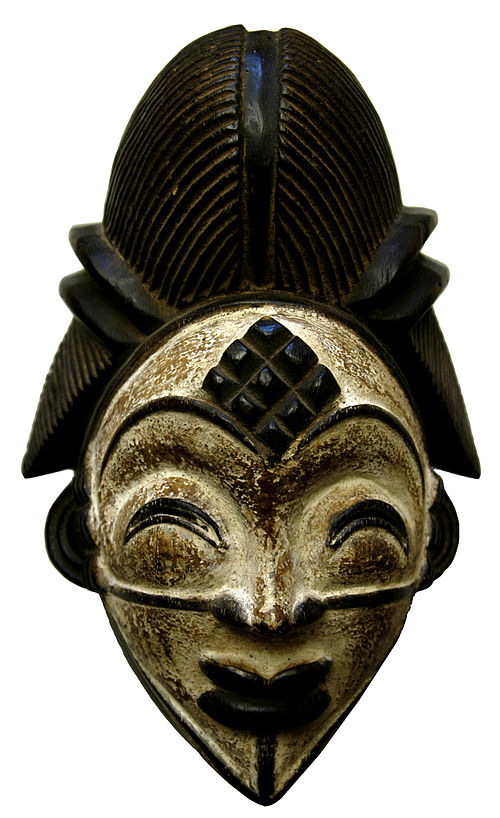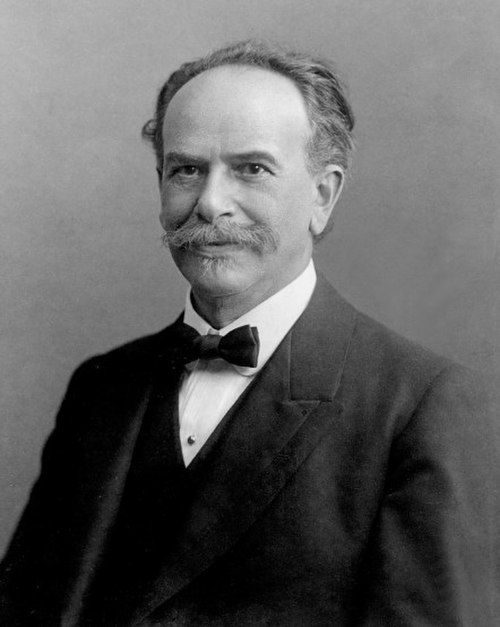Anthropologynoun
The holistic scientific and social study of humanity, mainly using ethnography as its method.
Anthropologynoun
The science of the structure and functions of the human body.
Anthropologynoun
The science of man, including the study of the ditribution of physical and cultural attributes in relation to man's origin, location, history, and environment; - sometimes used in a limited sense to mean the study of man as an object of natural history, or as an animal.
Anthropologynoun
That manner of expression by which the inspired writers attribute human parts and passions to God. See also anthropopathite, anthropopathism, anthropomorphist.
Anthropologynoun
the social science that studies the origins and social relationships of human beings
Anthropologynoun
the study of human societies and cultures and their development.
Anthropologynoun
the study of human biological and physiological characteristics and their evolution.
Anthropology
Anthropology is the scientific study of humanity, concerned with human behavior, human biology, cultures and societies, in both the present and past, including past human species. Social anthropology studies patterns of behaviour, while cultural anthropology studies cultural meaning, including norms and values.
Historynoun
The aggregate of past events.
Historynoun
The branch of knowledge that studies the past; the assessment of notable events.
Historynoun
(countable) A set of events involving an entity.
Historynoun
(countable) A record or narrative description of past events.
Historynoun
A list of past and continuing medical conditions of an individual or family.
Historynoun
A record of previous user events, especially of visited web pages in a browser.
Historynoun
(informal) Something that no longer exists or is no longer relevant.
Historynoun
(uncountable) Shared experience or interaction.
Historyverb
(obsolete) To narrate or record.
Historynoun
A learning or knowing by inquiry; the knowledge of facts and events, so obtained; hence, a formal statement of such information; a narrative; a description; a written record; as, the history of a patient's case; the history of a legislative bill.
Historynoun
A systematic, written account of events, particularly of those affecting a nation, institution, science, or art, and usually connected with a philosophical explanation of their causes; a true story, as distinguished from a romance; - distinguished also from annals, which relate simply the facts and events of each year, in strict chronological order; from biography, which is the record of an individual's life; and from memoir, which is history composed from personal experience, observation, and memory.
Historyverb
To narrate or record.
Historynoun
the aggregate of past events;
Historynoun
the continuum of events occurring in succession leading from the past to the present and even into the future;
Historynoun
a record or narrative description of past events;
Historynoun
the discipline that records and interprets past events involving human beings;
Historynoun
all that is remembered of the past as preserved in writing; a body of knowledge;
History
History (from Greek ἱστορία, historia, meaning ) is the study of the past. Events before the invention of writing systems are considered prehistory.






















